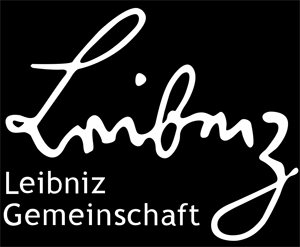Within this project, two Leibniz and two RWTH Aachen university institutions unite their expertise to investigate high-purity isotope-enriched Si and Si/Ge structures to fabricate devices for quantum electronics.
In recent years, quantum computing evolved from fundamental research to emerging technology and set to revolutionise fields like cryptography, weather forecasting, modelling of new materials or logistics. However, the upscaling of quantum devices, essential to perform practical large-scale parallel computations, is still challenging and impedes many developing technologies. A thin film of isotope-enriched 28Si buried between two SiGe layers provides a promising approach to design scalable spin qubits, as it improves the coherence properties of qubits and is compatible with the CMOS-technology. In this approach, the qubit hosting material properties play an essential role: crystal defects, impurities, the inclusion of 29Si isotopes, and low-quality interfaces jeopardies the qubit control. However, the project focusing on this fundamental part of quantum device production was missing until now.
Within the extern collaboration, the IKZ will provide its intern expertise for the growth of high-purity 28Si, for the development of an epitaxial growth process of high-purity, elastically strained, dislocation-free stacks of SiGe/28Si/SiGe by molecular beam epitaxy technique (MBE), and for investigation of electrical, optical, and structural properties of the grown films. The partners from the Leibniz-Institut für innovative Mikroelektronik (IHP) will develop complementary growth and characterisation techniques, while the Institut für Halbleitertechnik (IHT) and the Institut für Quanteninformation (IQI) of RWTH Aachen University will, in turn, fabricate and characterise quantum dot devices on the wafer scale, based on these structures.
“[…] Silicon quantum electronics, is one of the hottest scientific contests at the moment, but no other project exists with the scope and depth of the present one, in the specific (and challenging) aspect of material fabrication and characterisation. […] Starting up a project like this without the expertise and infrastructure already existing at IHP, IHT, IKZ and IQI would be prohibitively expensive or outright impossible. “ – describes the project one of the reviewers.
The SiGeQuant addresses both fundamental scientific and application-relevant questions, which will foster the involved German institutes to build new bridges with the international quantum information community.
Schematic image of a targeted Si/SiGe quantum well heterostructure with gate-defined quantum dots for qubit applications.
Project leader: Torsten Boeck.
![[Translate to English:] [Translate to English:]](/fileadmin/user_upload/News/2018_12_SiGeQUANT.jpg)

